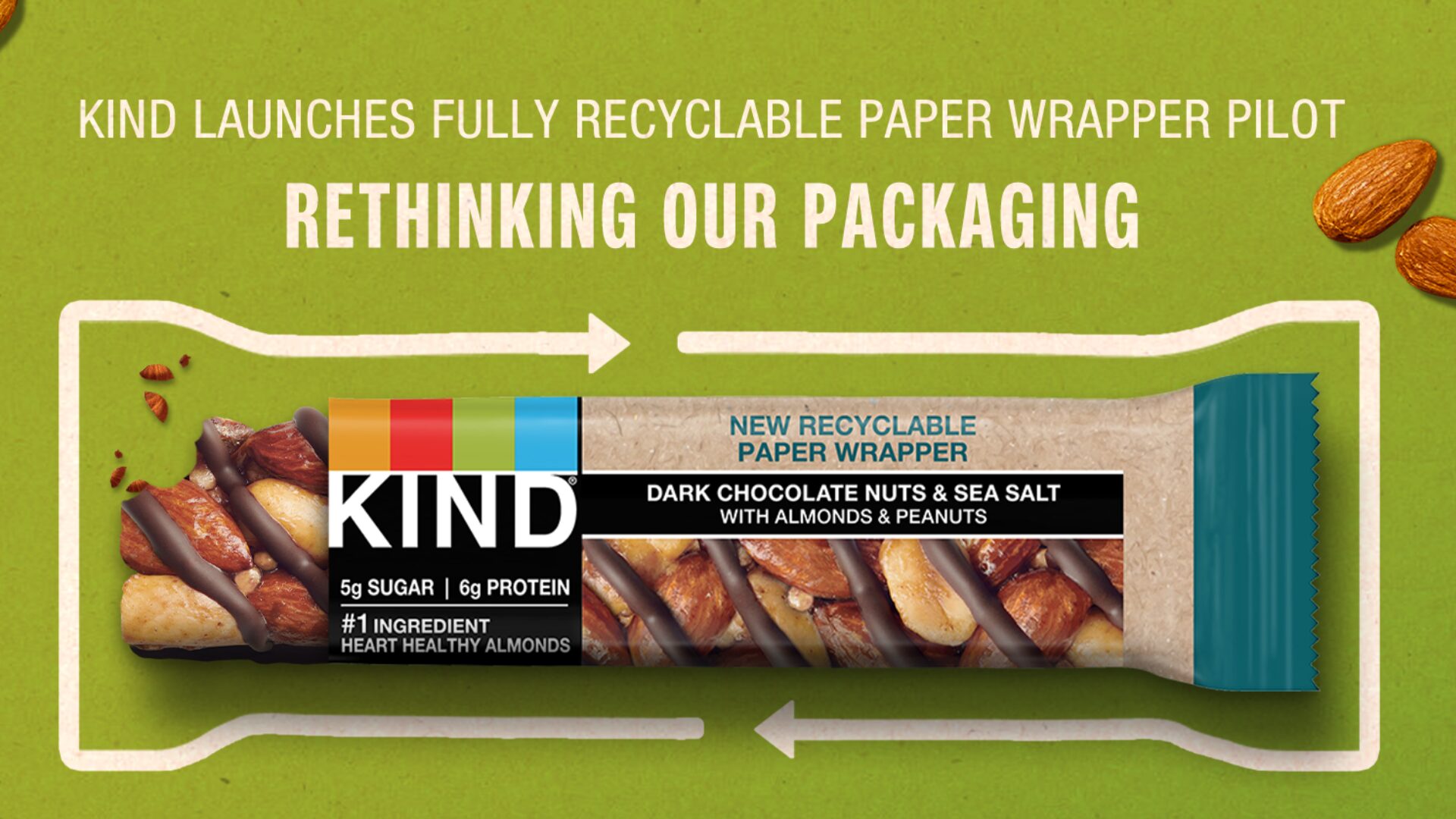In December 2021, the VegTech Plant-based Innovation & Climate Exchange-traded Fund (NYSE ticker: EATV) made history as the world’s first plant-based ETF.
VegTech Invest CEO Elysabeth Alfano recently joined The Food Institute Podcast to discuss her motivations for creating the fund and the prospects for plant-based demand.
Here are a few key takeaways:
EATV 101
The fund functions like a stock on the New York Stock Exchange. Rather than representing one business, however, EATV is a basket of 42 companies up and down the supply chain that are “innovating with plants and plant derived ingredients to create animal free products for sustainable consumption,” Alfano said.
Examples include companies which focus on:
- Agricultural technology (including fertilizers, greenhouses, vertical farms)
- Innovative research and licensing (i.e., Ginkgo Bioworks, MeaTech3D)
- Novel protein ingredients (i.e., fava beans, chickpeas)
- Flavor and textural enhancement
- CPG products (i.e., Vitasoy, Beyond Meat, Oatly)
Beyond moving plant-based innovation forward, VegTech Invest has introduced a completely new impact asset class to investors.
As an entrepreneur, Alfano was looking to invest in a “one stop shop” for plant-based innovation and was frustrated with limited number of options available.
“[ETFs] are just so easy. You get in and get out. It’s super liquid,” she said. “Launching this entire sector that is now investable like alternative energy…we’re seeing a lot of folks on Wall Street wrap their minds around this.”
Major Motivations
As a plant-based expert deeply ingrained in the sector, Alfono’s awareness of impending growth was a key driver behind the launch. The global plant-based alternatives market could swell to $166 billion in the next decade, according to projections by Bloomberg Intelligence,
Increased demand for sustainable consumption on both the consumer and company level was another major indicator that the timing was right.
In an era of “empowered consumers,” Alfono sees the adoption of plant-based products becoming more prolific and that curve becoming more enriched. “[Consumers] are informed, and they vote with their dollars for their health, and for planetary health as well.”
According to the United Nations, global food systems are responsible for 70% of the water extracted from nature, cause 60% of biodiversity loss, and generate up to a third of human greenhouse gas emissions.
Furthermore, over 75% of all agricultural land is used for feed production, pasture, and grazing for livestock.
As increased accountability for the environmental impact of business practices heighten financial risks, major food companies are also turning to more sustainable solutions. This is a noteworthy pivot from previous decades when issues like eating for planetary health and animal welfare were predominantly consumer driven.
Today, the consumer and the industry both want the same thing, said Alfano. “So now you’ve got critical mass moving towards shifting the global food supply system, and you’re going to shift towards the most efficient business model — that’s plant based.”












